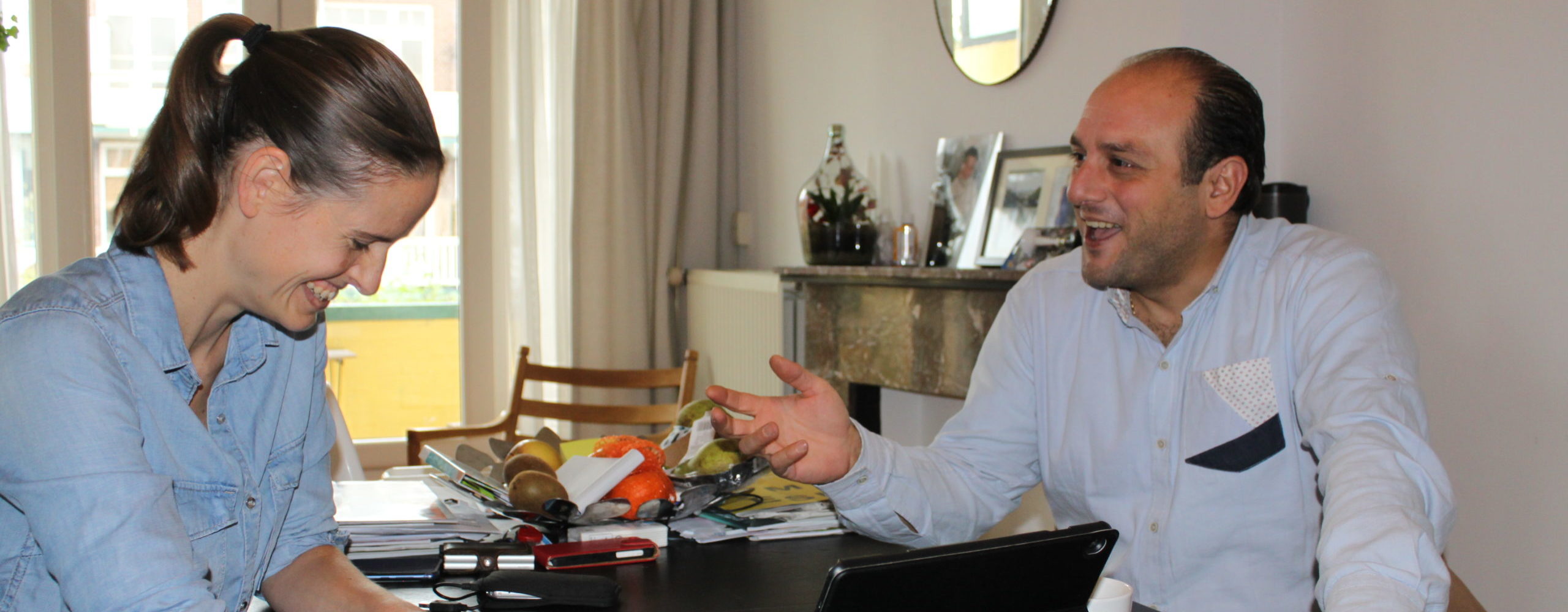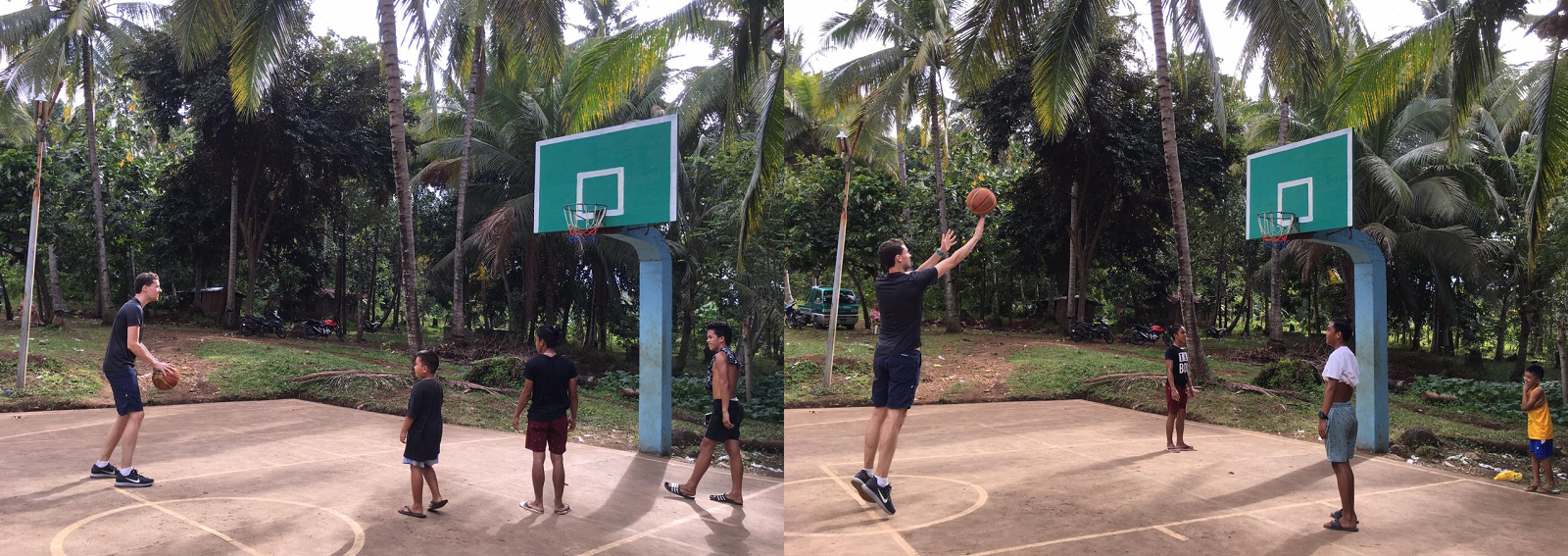Kiruba was happy to accept the police training institute’s invitation to speak about human rights violations in India. After her talk she met fifty of the institute’s young students. They had seen some of her Facebook posts and expressed their admiration for her work. “We don’t know how you do it, but we feel inspired,” they told her. She replied: “Never constrict your dreams.”
Not long ago, she heard a story about a woman who trains girls from tribal communities in India on how to get an education and find employment. The woman had an opportunity to travel to the U.S. and deliver a TED Talk about her work. The woman worried that her English was not good enough to speak to an American audience. But then she watched a video of Kiruba’s Hague Talks speech and realised that the message matters more than how well one speaks the language.
Indeed, 32-year-old Kiruba Munusamy is a master at delivering a message. She must be, otherwise she would have never made it to the Supreme Court of India where she works as an independent human rights lawyer.
Caste atrocity cases
In a recent case, Kiruba represented a husband whose pregnant wife was murdered soon after they got married. The wife’s family allegedly poisoned her because the husband belonged to a lower caste. He therefore requested the court to treat the case as an honour killing. He was eventually unsuccessful, and the husband now wants to bring it before the Supreme Court. Time and time again, Kiruba has seen courts refuse to consider atrocity cases as caste based, instead treating them as ‘regular’ criminal cases under the Indian Penal Code.
An LGBTIQ organisation asked Kiruba to help a gay couple that had fled from India to the U.K. eight years ago after their families attempted to kill them. Now these relatives supposedly sent gunmen to target the two men. Making matters worse, the men’s asylum requests have been rejected by the U.K. government. In an attempt to overturn this decision, the organisation asked Kiruba to write a letter describing the human rights situation in India, in particular for those who are part of the LGBTIQ community. She wrote the letter but is sceptical it will make much difference.
“India is on the ‘safe country list’,” Kiruba points out. “And the Indian Supreme Court has recently given verdicts that are perceived as favourable to homosexuals and transgender people. But just as strict anti-discrimination laws don’t eradicate racial discrimination in countries like the U.S. and the U.K., likewise, in India, these verdicts don’t protect LGBTIQ. Besides, a Supreme Court that routinely passes judgements declaring clear caste atrocity cases as fake doesn’t sound very progressive to me.”
Click here to continue reading. For a Dutch translation click here.
Photo credit: Justice & Peace Netherlands
This interview is part of a series of change maker stories that I wrote for the Dutch non-profit organisation Justice & Peace Netherlands.








